 For every dollar a restaurant invests in food waste reduction, it generates $8 in savings, according to the World Resources Institute. In a business of slim margins, that can add up to significant savings – and that’s just counting food waste. Are there areas of your operation where waste management in general could be better? Your technology can help you identify and manage them on an ongoing basis. Start with your food and the other supplies you need to serve guests and run your business. Your inventory management system can help you improve your order precision and ingredient use so you avoid spoilage and can more readily identify when theft occurs – or be alerted in the moment if there has been a run on a particular supply. Using tech tools to manage portions (and measure discarded ingredients) can help you ensure your staff, regardless of how long they have been working in the business, are serving dishes of a consistent size and using ingredients tip-to-tail. Energy waste can generate significant expense too – one study found that 45-70 percent of electricity is wasted in commercial kitchens due to insufficient training and poor equipment maintenance, for example. Tech-based training and digital maintenance logs can help you manage that waste and alert you to potential problems. Beyond that, consider energy-efficient lighting and equipment, as well as sensor-monitored equipment that can be controlled remotely and also help you monitor malfunctioning appliances before they become a problem that generates significant waste. 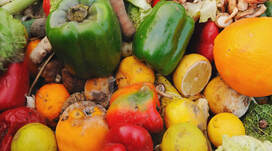 As restaurant operators know, money is made at the back of the house. The steps you take to get a better handle on everything from portioning food to managing inventory translate into important savings. Adopting tools to monitor waste is a big one. Research from the Natural Resources Defense Council estimated that 22-33 billion pounds of food is wasted by restaurants every year, with about 7 percent of it wasted before it even reaches the customer. To get a better handle on how much food you’re wasting, you have to track all possible sources of it. A report from The Rail advises operators to have staff keep a log – ideally a mobile app connected with your inventory management software – of every instance of spills, misfires, burned or ruined orders, spoiled or expired ingredients, comped meals, theft, and scraps from paring, cutting or butchering. Patterns may emerge from this that allow you to zero in on the habits and practices that generate waste for you. 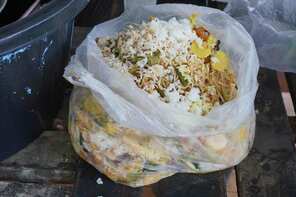 Restaurant waste equals money lost. Artificial intelligence is helping operators increase the rigor of their waste management practices at a time when managing aspects of a restaurant operation is critical to staying in business. Restaurant Business reported recently that Taco Bell and KFC had adopted Yum Brands’ “Recommended Ordering”, a machine learning program that predicts and suggests recommended quantities of product to order each week. The objective of the tool is to reduce food waste and lower cost, but it also offers the potential benefit of lightening the load for managers tasked with making accurate orders each week.  An app-based reusable packaging system that has been piloted in restaurants this year might provide a model for how sustainable packaging can improve sales and loyalty (and harness the valuable guest data that comes along with it). A company called R.ware (an offshoot of the reusable R.cup often found in stadiums) allows restaurants to get propylene hard plastic packaging in a range of sizes and styles that can be washed and sanitized multiple times. Restaurants are given a small collection bin equipped with an iPad. After guests are finished with a take-out container, which is labeled with instructions on how to download an app and scan a QR code, they can return the container to the collection bin and start earning rewards. Participating restaurants have freedom to customize those rewards to entice guests to return. In the process, they are reducing waste – and likely gaining some fans who want to reduce their takeout waste too. 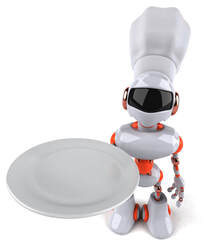 Robotic chefs may still sound futuristic – but they already have a place in restaurant kitchens. That’s particularly true for restaurants struggling to hire and retain staff, and those eager to get a better handle on food waste (so in other words, everyone). While Spyce claims to be the first restaurant with a kitchen run entirely by robots that can prepare complex recipes, a rapidly increasing number of brands are offloading repetitive kitchen tasks to robotic assistants. And as more venture into this territory, look for prices for this technology to fall. A sign of things to come: This year’s Consumer Electronics Show featured a kitchen robot from Moley Robotics that can prepare thousands of dishes, avoid allergens when requested, or simply guide a person through the steps of a recipe as they prepare it. While the price tag is steep at $340,000, it’s likely to challenge other companies in the space to accomplish similar tasks less expensively in the not-so-distant future. Waste generated by the restaurant industry costs around $25 billion annually, according to Restaurant Hospitality. But on the flip side, efforts to prevent food waste can cut an individual restaurant’s food costs by between 2 and 6 percent. At a time when community needs are great, you can use technology to not only help get a more accurate handle on how much you order based on the supply available, but you can also connect leftover food with people who need it – all while cutting your costs. With help from an Oracle system, the restaurant Panini Internazionale reached its goal of zero waste. Restaurant Technology News reports that the brand uses its system to offer a 50 percent discount to students during the final two hours of business. Then at the end of the day, it alerts local charities to pick up their remaining stock.
Watch for food waste reduction to be a key focus of restaurant technology innovation in the coming year. Beyond POS system features that help operators manage inventory and ordering functions to minimize waste, your business may benefit from tech-driven appliances that can help you repurpose or reduce the waste you generate. QSR Magazine reports that food waste digesters and dehydrators are two possibilities. Digesters, which can take in a broader variety of food than a home compost bin would, break down food (sometimes with the help of a fermenting additive that speeds decomposition) to create a rich compost that can be used in gardens. Dehydrators use mechanical and thermal technology to reduce the weight, volume and even the smell of the food waste that must be hauled away.
At a time when the need to minimize food waste is impacting restaurants’ brands and bottom lines, hiring suppliers with strong automation capabilities can help in several ways. Beyond offering the traceability of a food item through its supply chain, automation can also maximize the shelf life of the ingredients you prepare by shrinking the percentage of a food’s life cycle that must be spent in transit or awaiting transit. As Food Quality & Safety reports, automated order-picking systems can speed up and improve the precision of order picking, making it possible to reduce lead times, spoilage and waste.
Your guests may well want you to compost your food waste – but what if you don’t have the local infrastructure in place to support it? Snooze, a regional breakfast, brunch and lunch brand, has made it a priority to use technology to make composting possible regardless of where its restaurants are located. Where composting isn’t available, Snooze equips its restaurants with biodigestors – mechanical stomachs that use bacteria to decompose food waste into water that can be washed down the drain, along with a small amount of material that can be used as an organic fertilizer, Restaurant Business reports. At the recent New York City Restaurant Technology Summit, Snooze CFO Bill Long spoke about the brand’s efforts, which also include identifying “green captains,” who are employees paid to spend between three and 10 hours each week educating coworkers about sustainability and how to promote it.
Have you harnessed technology to manage your food waste? If not, consider a couple of companies on the forefront of the effort who are helping restaurants limit their waste — and in the process, save money, gain insights into their menu and connect with the community. Goodr, which made the Spoon’s list of 25 companies changing the future of food, uses technology to minimize food waste and then partners with nonprofits to transport it to people in need. The company also has efforts underway to use food waste for renewable energy — a good story to share with guests — as well as to use blockchain to enhance the efficiency of food waste management. Another company, Copia, enables food businesses to donate their unused food in exchange for enhanced tax deductions, as well as data that can help steer purchasing decisions.
|
Subscribe to our newsletterArchives
April 2024
Categories
All
|
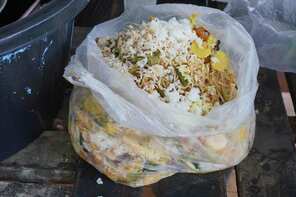
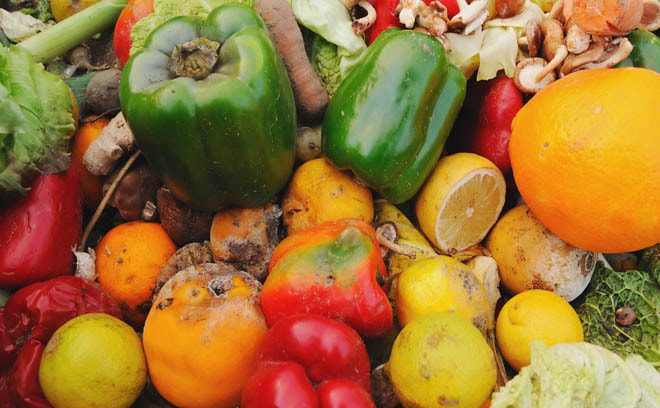
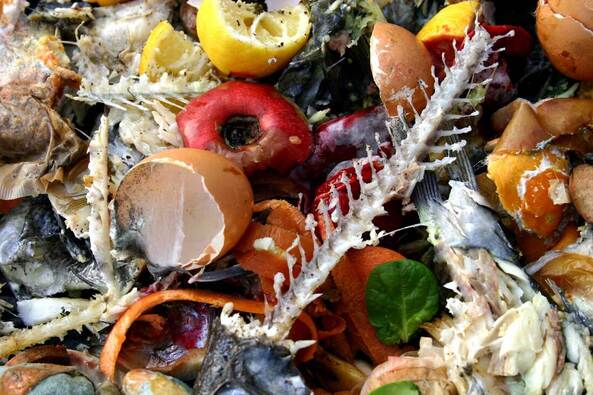
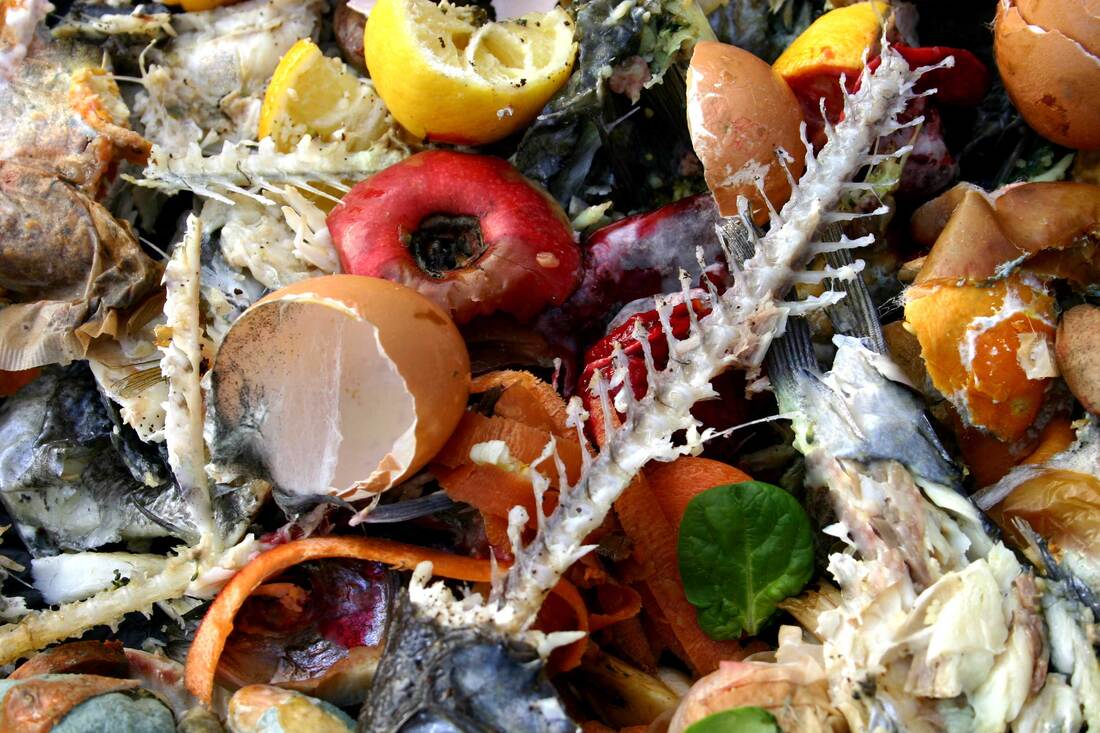
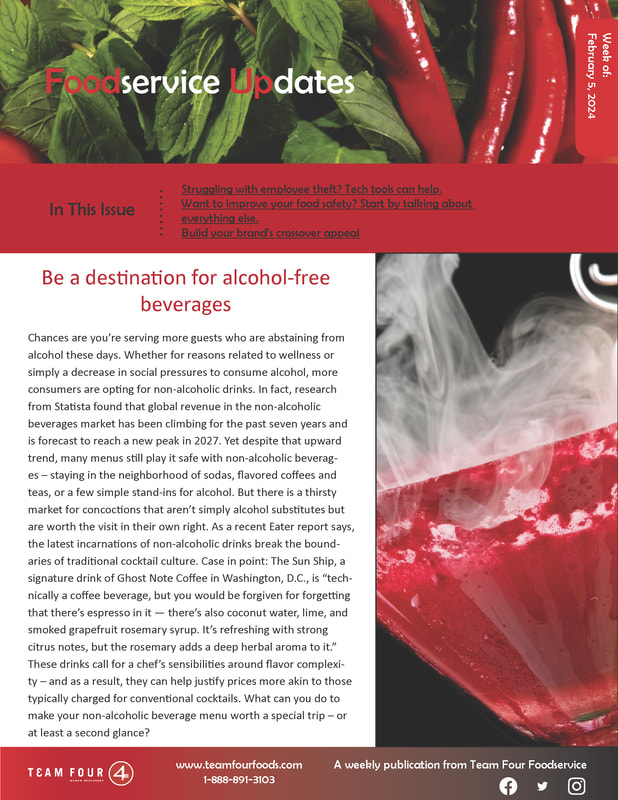

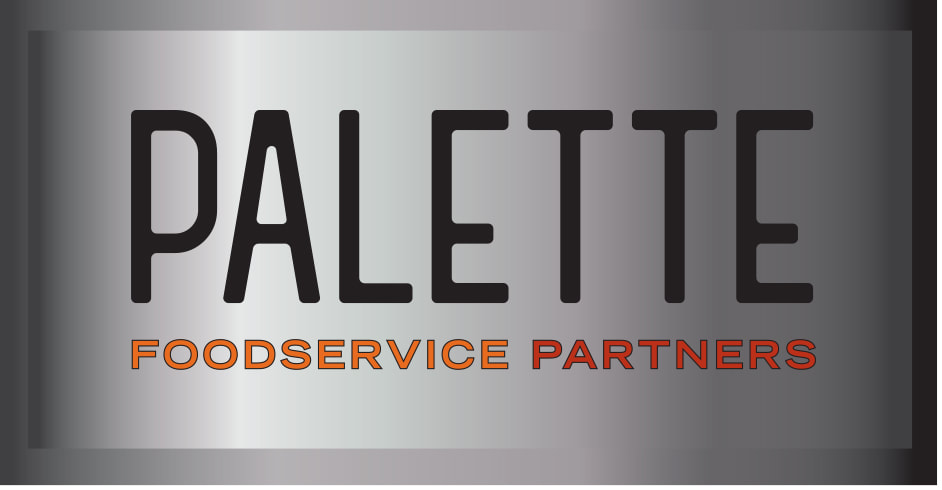
 RSS Feed
RSS Feed